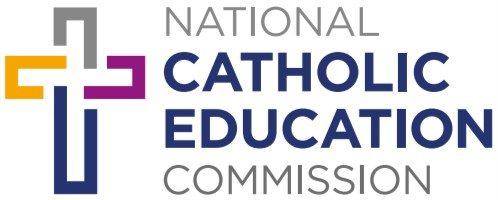24 March 2017
The peak bodies representing more than 2,700 Catholic and Independent schools have welcomed the Turnbull Government’s plan to update copyright laws to better reflect contemporary practice, but have expressed disappointment that Australian schools will continue to be exposed to possible dangers because the Government has abandoned proposed changes to “safe harbour” provisions.
The Independent Schools Council of Australia (ISCA) and the National Catholic Education Commission (NCEC) have been working with other education organisations to seek changes to copyright laws that would simplify the system, allow greater access to material for students with disability and remove some anomalies that have existed for long periods without review and revision.
ISCA executive director Colette Colman said the move to modernise copyright law is long overdue.
“Most of Australia’s copyright laws were written in the era of mimeograph machines and photocopiers, and are woefully inadequate for classrooms where student use of apps, educational games, collaboration in the cloud and virtual reality experiences are becoming the norm,” she said.
Changes the Government has proposed would allow copyrighted material to be copied into a form that is more accessible for students with visual impairment. Copyright works that could be used in exam papers will also now be able to be used in online testing environments – a use that was previously not permitted.
“Those are two examples of how technology has been moving far more quickly than copyright regulations,” Ms Colman said.
“Parents would be surprised to discover that such provisions weren’t already in place.”
NCEC acting executive director Danielle Cronin said there was disappointment that the Productivity Commission’s recommendation of additional legal protections for Australian schools and universities was not adopted.
She said by removing the “safe harbour” provisions that were included in the exposure bill, the Government leaves schools exposed to unintended and unnecessary legal risk from something as simple as providing internet access to staff and students.
“The Government has sought to balance the needs of diverse groups of stakeholders, but choosing not to afford schools greater protection from onerous and archaic regulations leaves them in danger of facing burdensome restrictions on the flow of information,” Ms Cronin said.
“It could mean a school is subject to copyright infringements if a student or teacher breaches the law while using the school’s IT services.
“Commercial internet service providers like Telstra and Optus are currently protected under ‘safe harbour’ exemptions, and all we are seeking is a simple change to offer the same protection to schools, universities, libraries and other places of learning.”
The NCEC and ISCA are calling on the Turnbull Government to reconsider the Productivity Commission’s prudent recommendations around changes to copyright law that would better support education in 21st-century schools.
